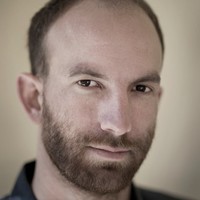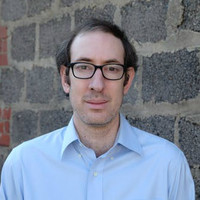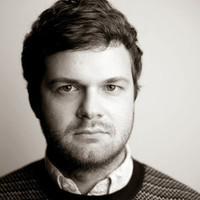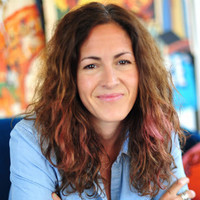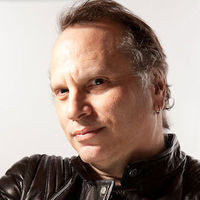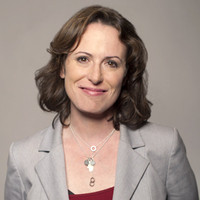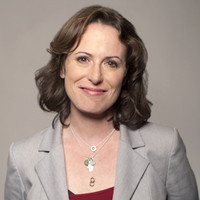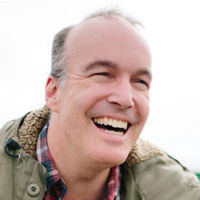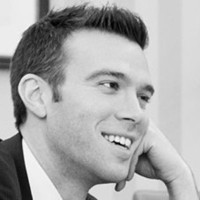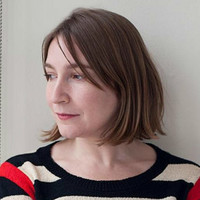Jessica Lessin is founder and editor-in-chief of The Information.
“It's very, very hard to predict the winners. A lot of investors try to do this. And I think sometimes where the press gets in trouble is trying to make a call.… It's not always our job to say this thing is doomed or not. I think many journalists, unfortunately, are more interested in that than in understanding, What is this company trying to do?”
Thanks to Mailchimp for sponsoring this week's episode.

